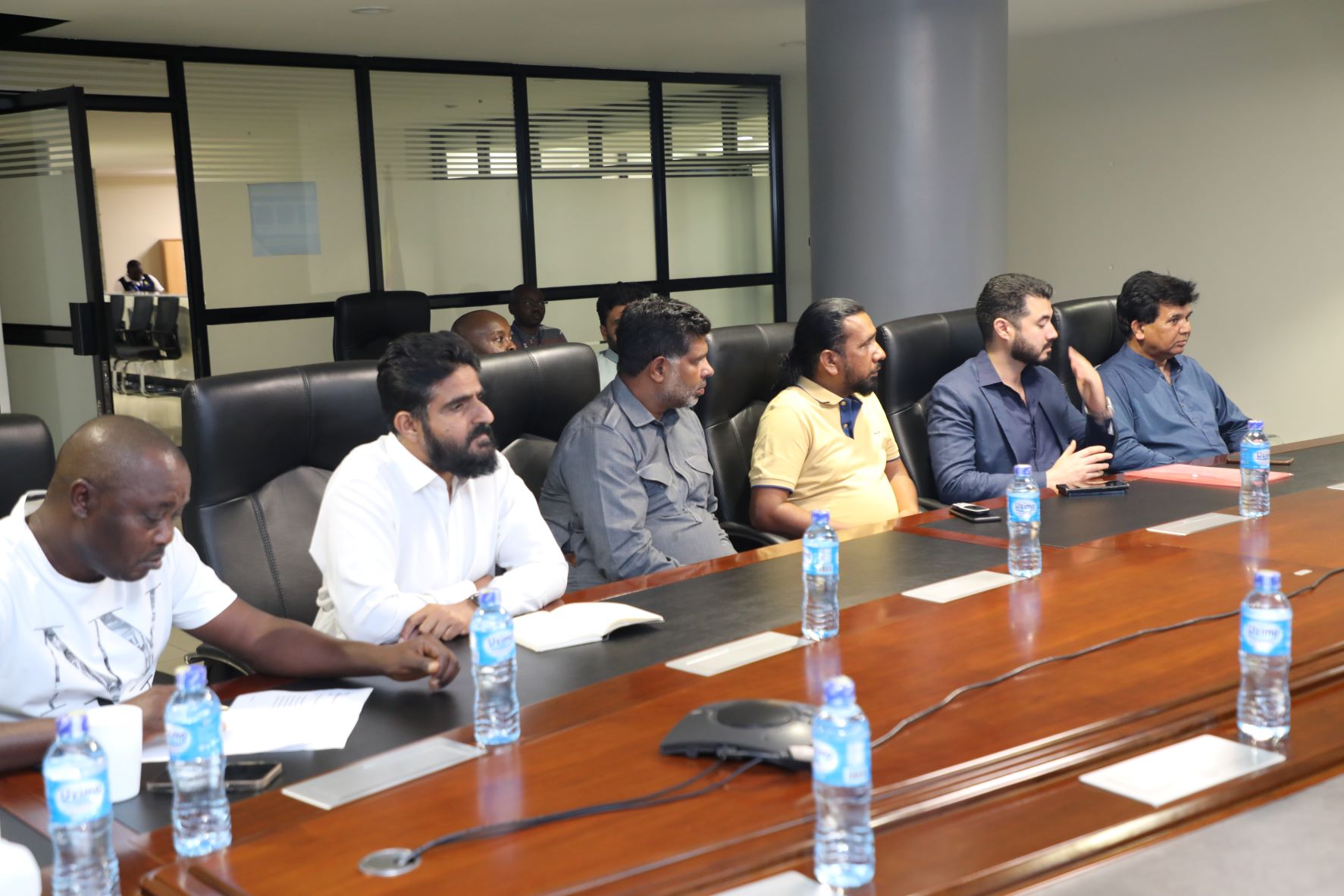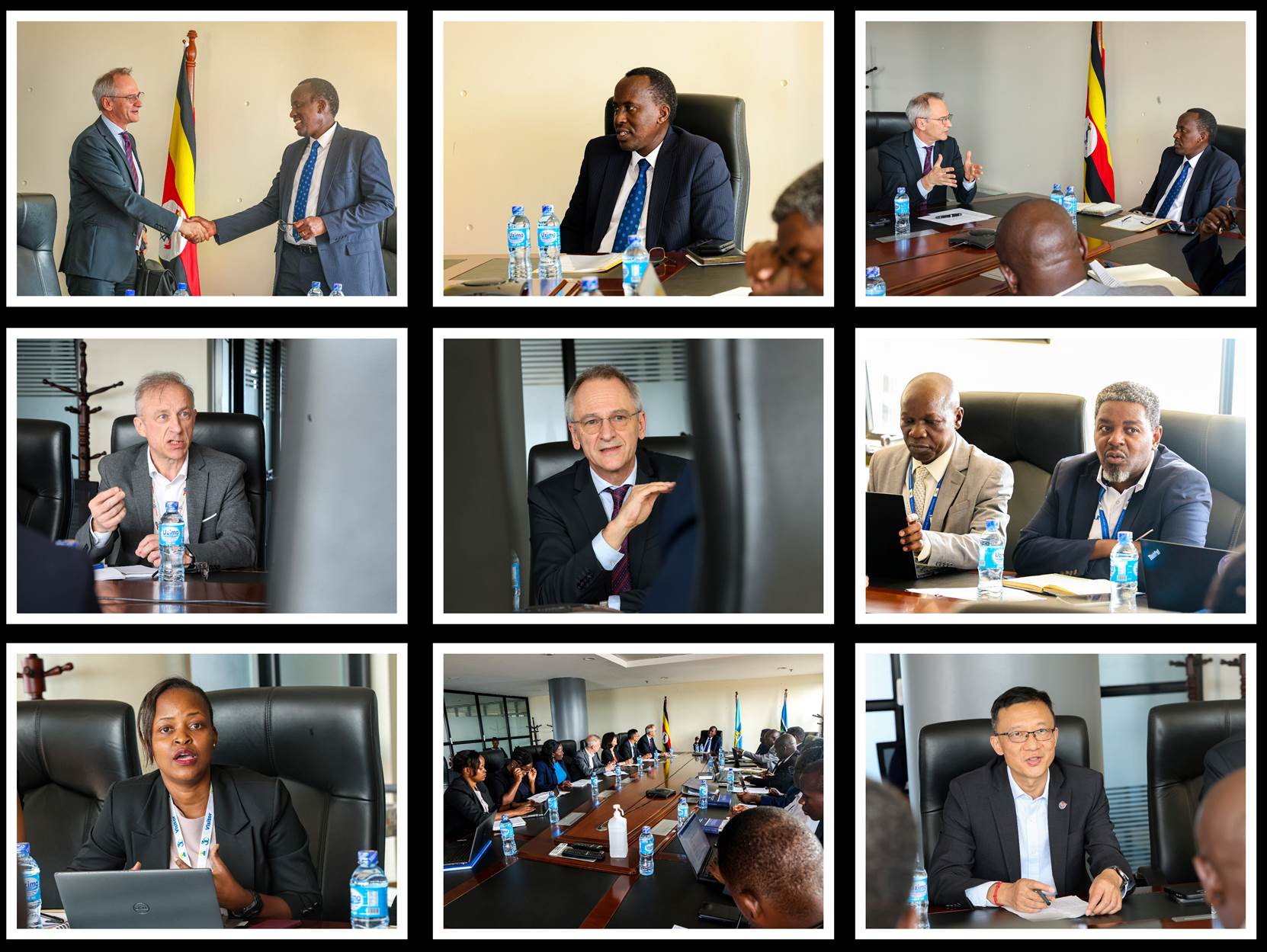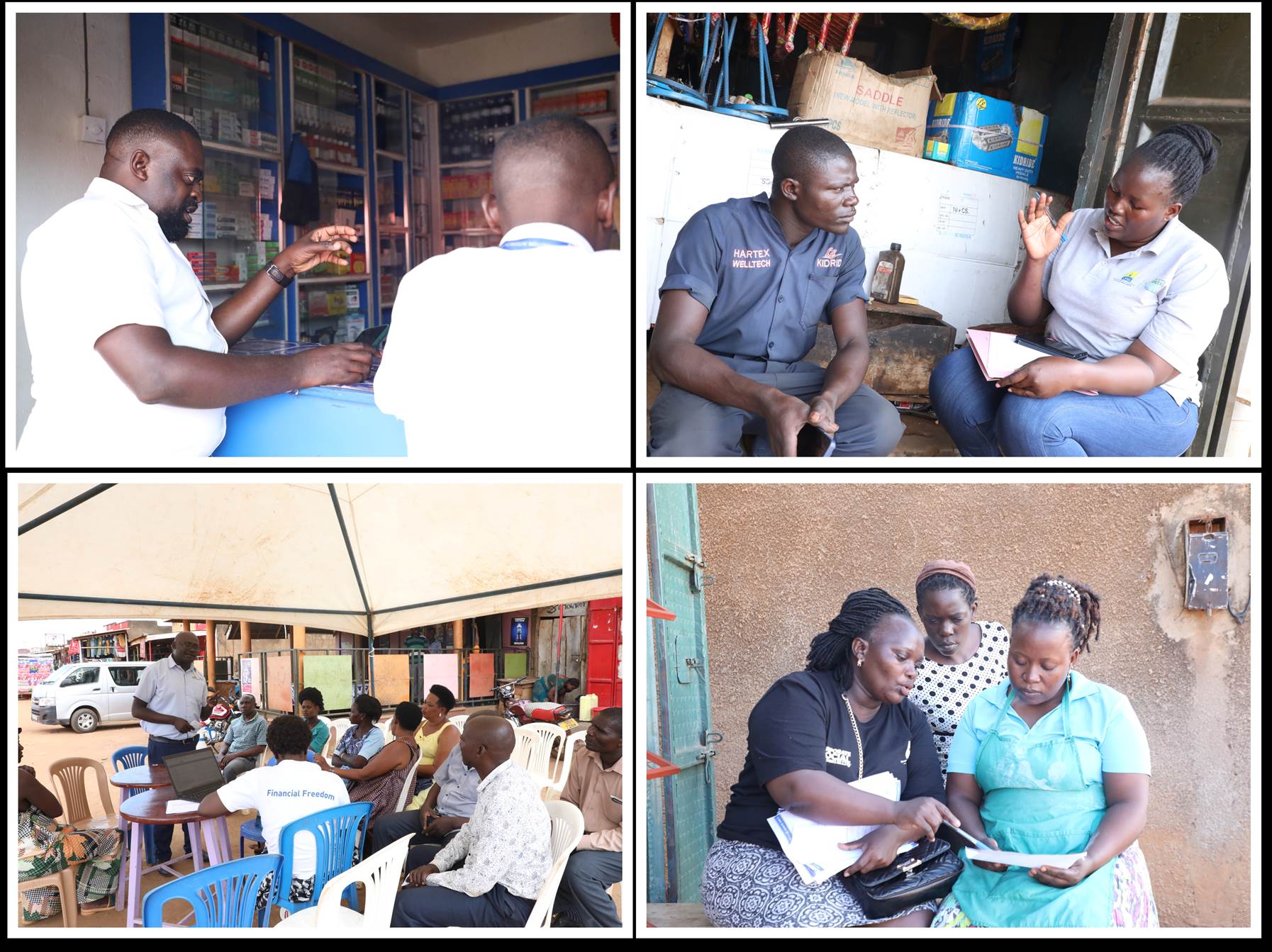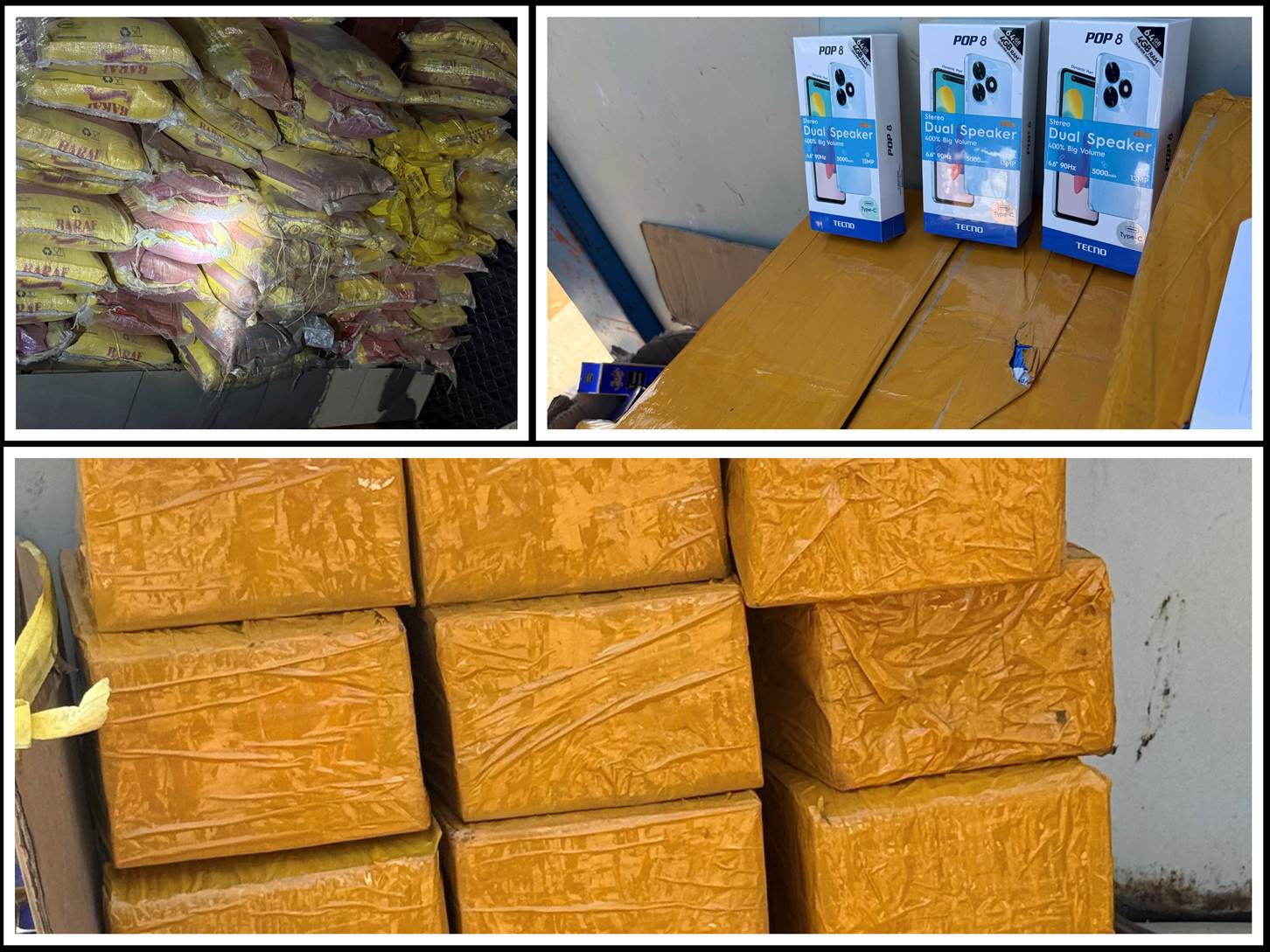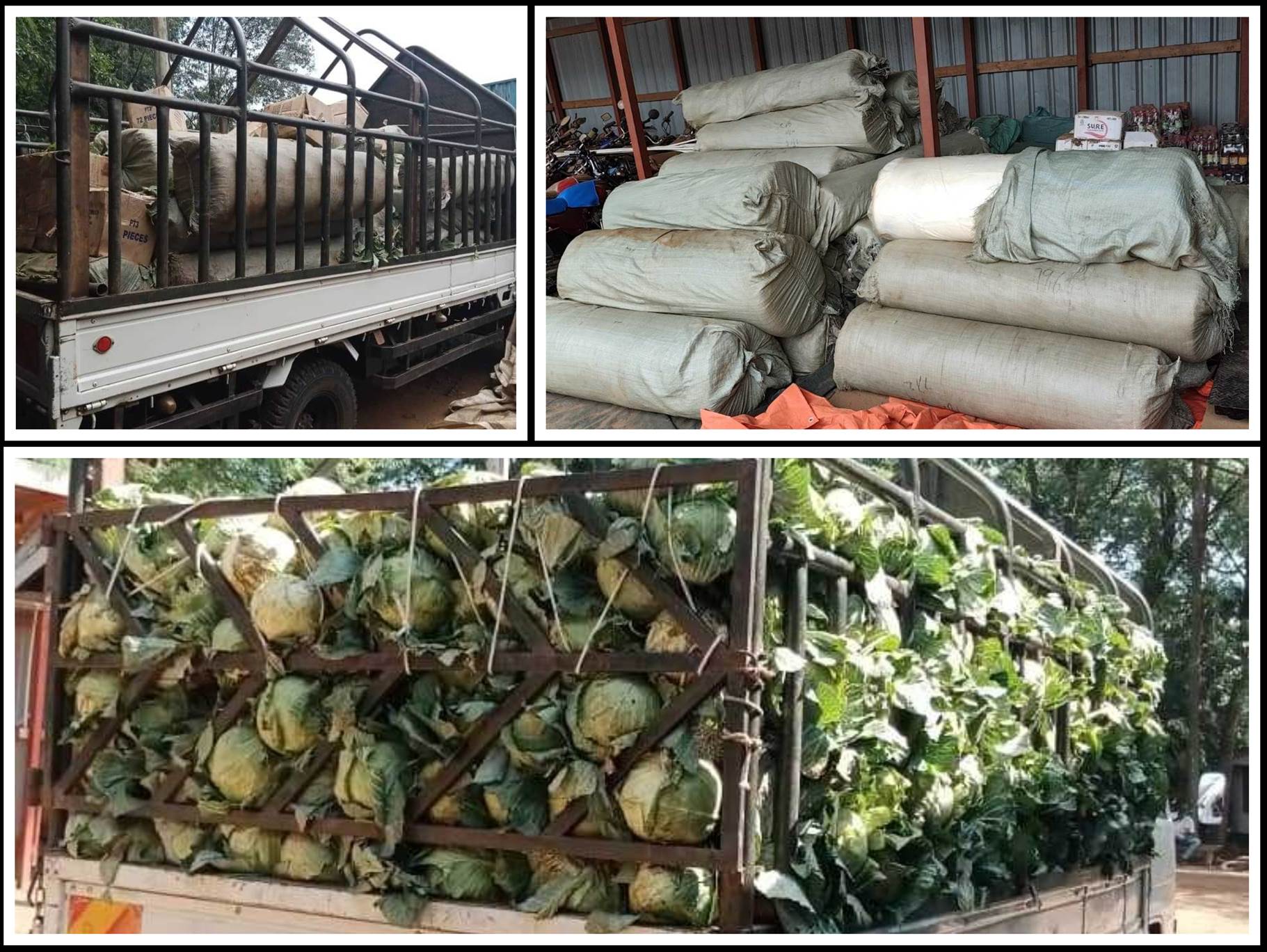By Annet Nantongo
URA will roll out a Voluntarily Disclosure Program for Automatic Exchange of Information (AEOI) this year as an incentive to people who have acquired wealth from undeclared incomes to self-declare to URA and regularize their tax affairs.
Voluntary disclosure grants eligible declarants full waiver of penalties and interest on the tax paid before Uganda’s first automatic information exchange come September 2025.
This development follows Uganda’s commitment to the Organization for Economic Co-operation and Development (OECD) Global Forum (as a member) to implement Automatic Exchange of Information (AEOI), a measure that will allow Uganda to obtain details of undisclosed income from treaty partners and to enforce assessment, collection of taxes and also prosecute offenders.
The 2023 Africa Wealth Report, released in March 2023, reveals that Africa’s ‘Big 5’ wealth markets — South Africa, Egypt, Nigeria, Kenya, and Morocco — together account for 56% of the continent’s high-net-worth individuals (HNWIs) and over 90% of its billionaires. There is USD 2.4 Trillion of total private wealth held on the continent and currently 138,000 HNWIs with investable wealth of USD 1 million or more living in Africa.
Uganda Revenue Authority’s HNWI section was set up in September 2015, based on International Monetary Fund(IMF) recommendations towards addressing the considerable level of non-compliance among the large and medium taxpayers. Within the first year of its operation the unit increased revenue collection by UGX19 billion and the proportion of wealthy individuals who filed income tax returns increased from 13% to 78%.
One is considered a high net worth individual in Uganda if they have net investable assets of UGX 1bn have significant directorship in companies with an annual turnover of UGX 50bn, undertake bank transactions of UGX 1bn, or obtain a bank loan of at least UGX 5bn over a period of 5 years.
Other HNWIs parameters include earning at least UGX 500M in rental income per year, owning a home valued at over UGX 1bn, owning motor vehicles valued at over UGX 500M and making imports of at least UGX 1bn in a year.
“Today, URA’s HNWI register comprises of 1,629 individuals with 270 VIPs and 1,359 HNWI posting a 17% growth in the register over the last four years. These individuals contributed UGX 91.47 billion taxes to the total UGX 25,209.05 billion revenue collected in FY 2022/2023. The collections from the HNWI category are distributed as UGX 72.41 billion collected domestically, while UGX 19.06 billion was collected from customs,”revealed Annet Cherotich, the Supervisor HNWIs in URA.
According to the International Centre for Tax and Development, wealthy people contribute a significant share of the total revenue collected through personal income tax (PIT) in high-income countries.
However, in most low-income countries, the bulk of revenue from PIT is collected from people in formal employment especially in the public sector, which is collected by employers and remitted to the tax authority. The inconsistent implementation of taxation laws in this area results in losses of income tax revenue and in severe cases, inequity in the distribution of the tax burden. Successful taxation of HNWIs requires a special organizational effort on the part of the tax authority.
In Uganda, wealthy individuals are characterised by being politically connected, largely channeling their wealth in real estate, hiding illicit wealth and out rightly evasion of taxes. They also register wealth in names of children, unknown relations in the countryside, or hold wealth in offshore companies.
Cherotich added that while taxation of HNWIs is on income and not wealth, they do not file returns and there is limited use of available data to profile them, a vice that is further propelled by the highly cash economy that makes it ineffective to trace their economic transactions.
URA will always offer avenues for dialogue with these taxpayers in order to ease compliance before deploying enforcement measures. Taxpayers are therefore advised to look-out for the chance to voluntarily re-align their tax affairs and avoid all potential legal battles.


